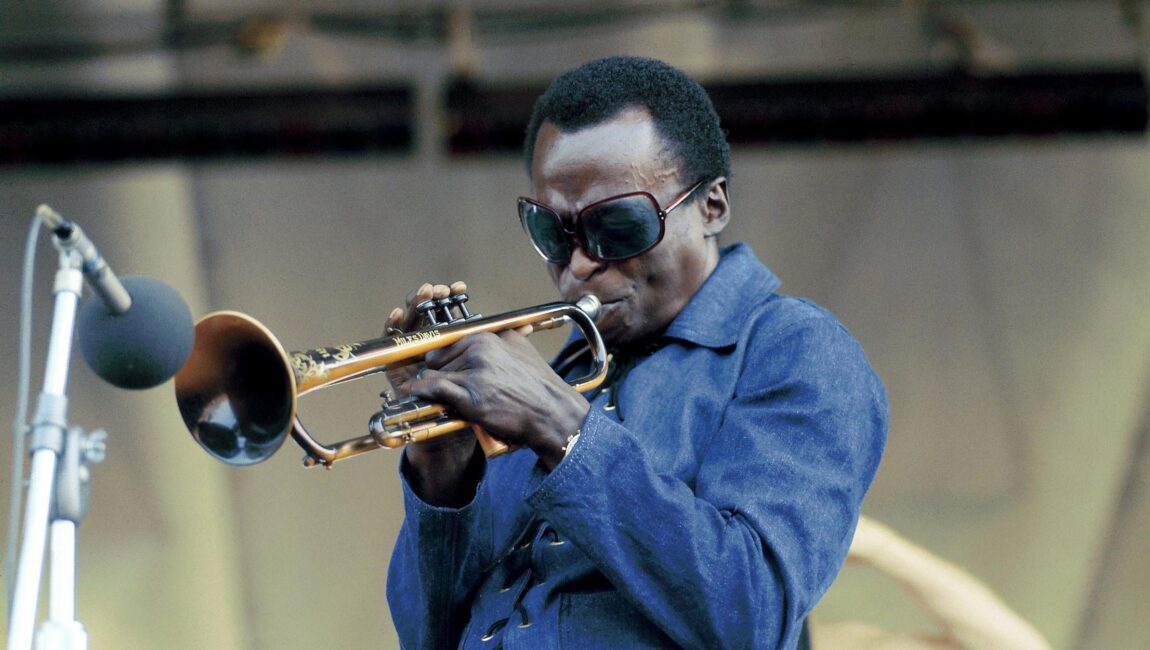The new Rosalía album has been promoted by the press as a deliberate synthesis of the Catalonian artist’s modern flamenco sound (as defined on last year’s beautiful, cavernous Los Ángeles) and the R&B and hip-hop music that the millennial’s attentions have drifted toward in her rise to international recognition. A couple collabs with Pharrell Williams and Columbian reggaeton sensation J. Balvin in recent months paved the way for what looked like a full-blown crossover effort. But while El Mal Querer certainly has its pop moments (singles “Pienso en tu Mirá” and “Malamente,” in particular) they come interwoven into a conscious and accomplished album statement, one that indicates sonic ambitions far greater than merely capturing the genre sounds of the contemporary zeitgeist. Tracks like “De Aquí No Sales,” with its revving motorcycle engines and screeching tires, or the 1:38 breakdown of “Maldición,” which features the tinny video game sound of clanging swords followed by a distorted sample of Arthur Russel’s “Answers Me” (the same track Kanye sampled on “30 Hours”), approach a kind of musique concrète style similar to what Tex-Mex standard-bearers Los Lobos accomplished in the 1990s, especially with their side-project Latin Playboys.
Rosalía’s ambitions are even headier though: Whereas the Playboys aimed to craft a sound not only representative of their genre interests, but also of the surrounding sociocultural atmosphere that music was recorded in, the soundscape of Rosalia’s album is appropriately globalized. On the interlude “Preso,” a lo-fi recording of a solo Spanish guitar shares space with a gentle tropical house beat, and a sample of Justin Timberlake’s “Cry Me a River” shows up on “Bagdad,” blended into a Middle Eastern melody. Found-sound experimentation finds its way into the more pop moments too, tempting comparison to M.I.A.’s ahead-of-its-time 2010 album, Maya, especially in the way these elements provide rhythmic frameworks (like the very flamenco handclap-beat of “Di Mi Nombre,” or the way the motorcycles and police sirens on “De Aquí No Sales” are chopped up and isolated as a backing track). But M.I.A.’s production tends to favor cacophony, while what’s most striking about El Mal Querer is also what anchors it in the tradition of flamenco: Its minimalism, and its emphasis on negative space. The album’s 30:14 is densely packed with sonic ideas, but it still retains much of the ruminative spaciousness that made Los Ángeles such a fetching debut.
Published as part of Foreign Correspondent | Issue 1.







